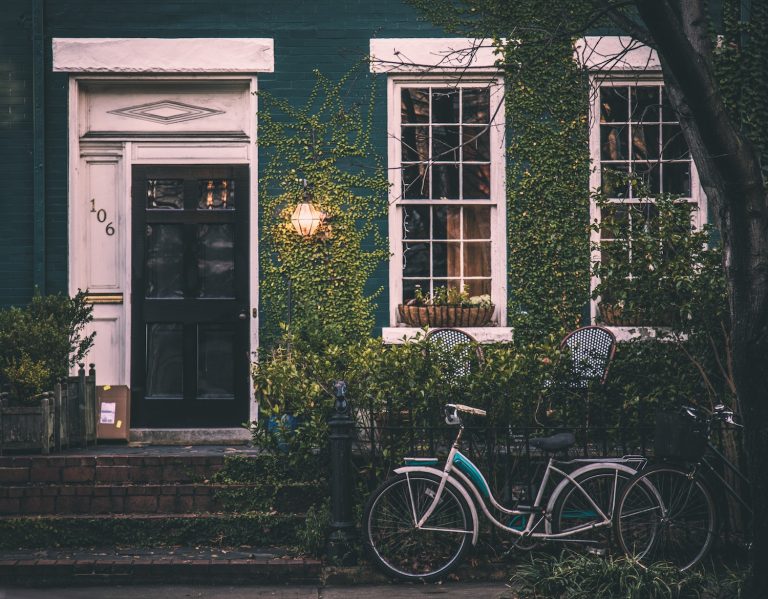In 2016, Forbes Magazine asked if millennial homebuyers should even consider a starter home or simply skip ahead to something more forever. We think it’s a valid question to ask of first-time homebuyers of any age: should your first home be a place to start small or a place to grow into?
A starter home is typically a more modest dwelling bought with the intention that you and your family will eventually outgrow it and move on to bigger and better houses to find your forever home. But as a practical and personal decision, there are many things to ask yourself as you shop for your first house.
Where are you in your life?
Do you feel settled and stable where you are in life or do you find you’re always ready for something fresh and different? If the grass often seems greener in somebody else’s well-manicured yard, it might be the time to look beyond where you are to where you’ll want to be in five to seven years. Can you afford your dream neighborhood right now? Perhaps looking at a smaller house or townhouse might get you there for now as you plan to level up later. But, if having the perfect home meant living 20 minutes outside of the center of everything, would the commute to work, friends, and fun still be worth it?
Do you want to buy for now or with an eye to the future?
Could a significant job change, different relationship, or new baby alter what you need in your dream home? Life can change in a heartbeat, and often does, but if you can commit to staying in a starter home for five to seven years, you may find it pays off. If you’re thinking long-term, then homeownership looks more like 15 to 20 years in a forever home. If that amount of time makes you nervous, then a starter might be a great place to begin your homeownership.
Should you buy now or keep saving?
Do you know how much can you afford to spend on your monthly mortgage? Our mortgage calculator can help you see what’s currently in your price range and what might change after another year or two of banking your savings. You can build equity in any home you buy, but there are also costs associated with owning every home. It’s nearly unavoidable to have to acquire appliances for a new space and don’t forget about upgrades to landscaping to updating finishes. Will you need to make more extensive improvements or renovations? Having some extra cash to spend on your home when you purchase it and a little more in the bank for incidentals could make all the difference.
Do you want to be a landlord one day?
If you do fall in love with a starter home but find you’re ready to move on in a few years, would you be open to renting that little slice of heaven out to a new resident? What happens if you get the opportunity of a lifetime to live abroad? If renting out your first home is an option you want to explore for the future, make sure you buy in an area that will be accessible and appealing to renters.
Could your starter home be your forever home?
Perhaps the trickiest question to ask as you look at buying your first home: could a so-called starter home be a perfect long-term home for you and your family? If moving is a nightmare for you but upgrading your existing house sounds like a dream, this might be an option. For some, progress in life is measured by having a bigger home with more bells and whistles. For others, the extra money saved by staying in a more modest house means early retirement, bigger trips or even investing in other properties like a vacation or rental home.
No matter what you choose, BrandMortage is here to help you finance your dream home. We offer an extensive menu of products to serve your individual needs. For loan assistance, speak with one of our mortgage bankers today at (855) 845-2433 or apply online here.

